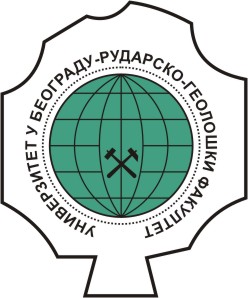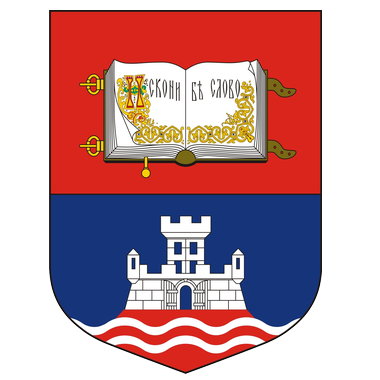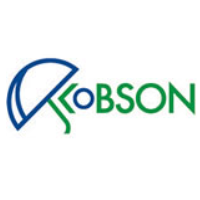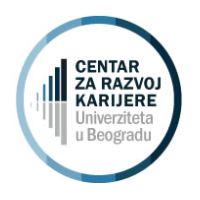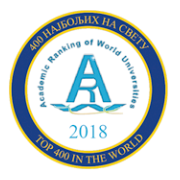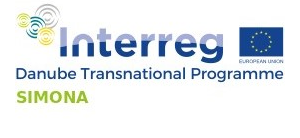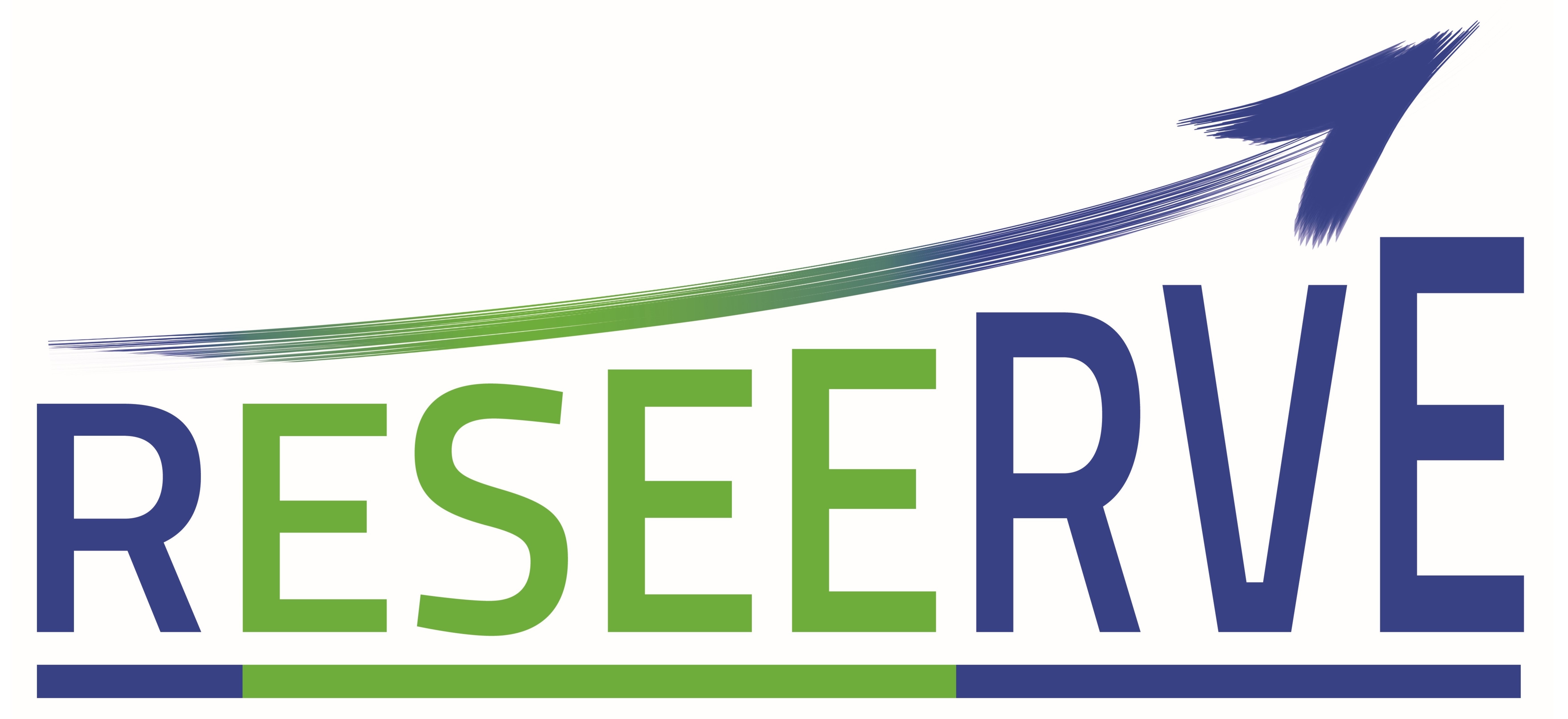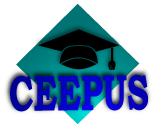Study program:
Economic Geology (VIII semester -MsC)
Geology of oil and gas (X semester -MsC)
Minerology and Crystallography (VIII semester -MsC)
Regional geology (VIII semester -MsC)
Geophysics (VIII semester -BsC)
Geotechnics (VI semester -BsC)
Hidrogeology (VIII semester -BsC) |
|
Name of subject: GIS Application in Geology |
Instructors:
Prof. Branislav Trivić, Prof. Igor Jemcov, Prof. Vladimir Živanović, MSc Nikola Ranđelović, Maja Maleš |
|
Status: Compulsory |
|
ECTS: 5 |
|
Prerequisites: Remote Sensing |
Course Objectives:
The objective of the course is to get introductory knowledge about different methodologies in modeling of geological data in GIS environment by introducing basic GIS concepts. |
Learning Outcomes:
Students will be trained to independently work in GIS applications. This will be done in ArcGIS (ESRI) software, where students will be able to analyze and interpret spatial and non-spatial data from geological point of view. They will be able to develop conceptual, logical model of available geological data as well implement those data in ArcGIS geodatabase in order to solve specific geological problems. |
Content:
Theory teaching
Basic concept of Geographic Information Systems (GIS), elements of GIS, spatial and non-spatial entities. The structure of spatial data, concept of spatial classes and distinction between raster and vector data. Raster model, RGB model structure. Introduction of satellite images and use those digital raster data in GIS. Vector data models, structure and contents of *.shp vector file. Basic geometric entities - point, line, polygon. Introduction to basic topology principles in GIS. Structure of attributive (non-spatial) data. GIS software, conventional (ArcGIS-desktop) and open source GIS software. Cartographic projections. Methods and procedures for georeferencing raster data (thematic geological maps and other raster documentation). Spatial data modeling. The concept of a geodatabase, the basic settings of feature relation in geodatabases. Conceptual model and logical model of geological data as well implementation in ArcGIS. Searching criteria and decision making. Practical teaching
Exercises comprises the practical, individual students work in ArcGIS software on spatial and non-spatial geological data. Working with different type of raster documents (raster calculation). RGB model attributes and relationships. Working with a vector spatial data feature classes, analysis of geometric properties of different vector feature as points, lines and polygons. Application of topological principles on vector feature classes. Uses of Landsat satellite images in geological research, advantages and limitations. Digitization of published geological maps and other geological data as boreholes data. Working with different coordinate system and cartographic projections (Gauss–Krüger, UTM...) and re-projecting from one cartographic system to another. Building an object-oriented geodatabase based on the conceptual and logical model. Implementation of model in ArcGIS - desktop application. Working on the visualization of geological data and production of digital geological maps. Using of searching tools in aim to resolve specific geological problems within contents of the digital geological map and other thematic maps. Three-dimensional representation of geological data. |
Suggested Reading List:
- Burrough P. A., McDonnell R. A., 2006: Principi geografskih informacionih sistema; Građevinski fakultet, Beograd.
- Bonham-Carter G. F., 1994: Geographic Information Systems for Geoscientists; Pergamon, UK.
|
Conduct of the Course:
PowerPoint lectures presentations, individual exercises, MOODLE course application includes tests, presentations, examples, training materials, etc. Short notes for each teaching units, especially detailed guide for using specific tools in ArcGIS software, allow students to work independently on their own collection of geological data. |
Fund hours:
| Lectures |
Exercises |
Other forms of teaching |
Study research |
| 2 |
2 |
0 |
0 |
|
Assessment:
| Final Exam |
ECTS |
| Written exam | 28 |
| Classwork Assessment |
ECTS |
| Class Participationа | 16 | | Practical Classes | 56 |
|
|
Additional Assessment Criteria: - |
|
|
